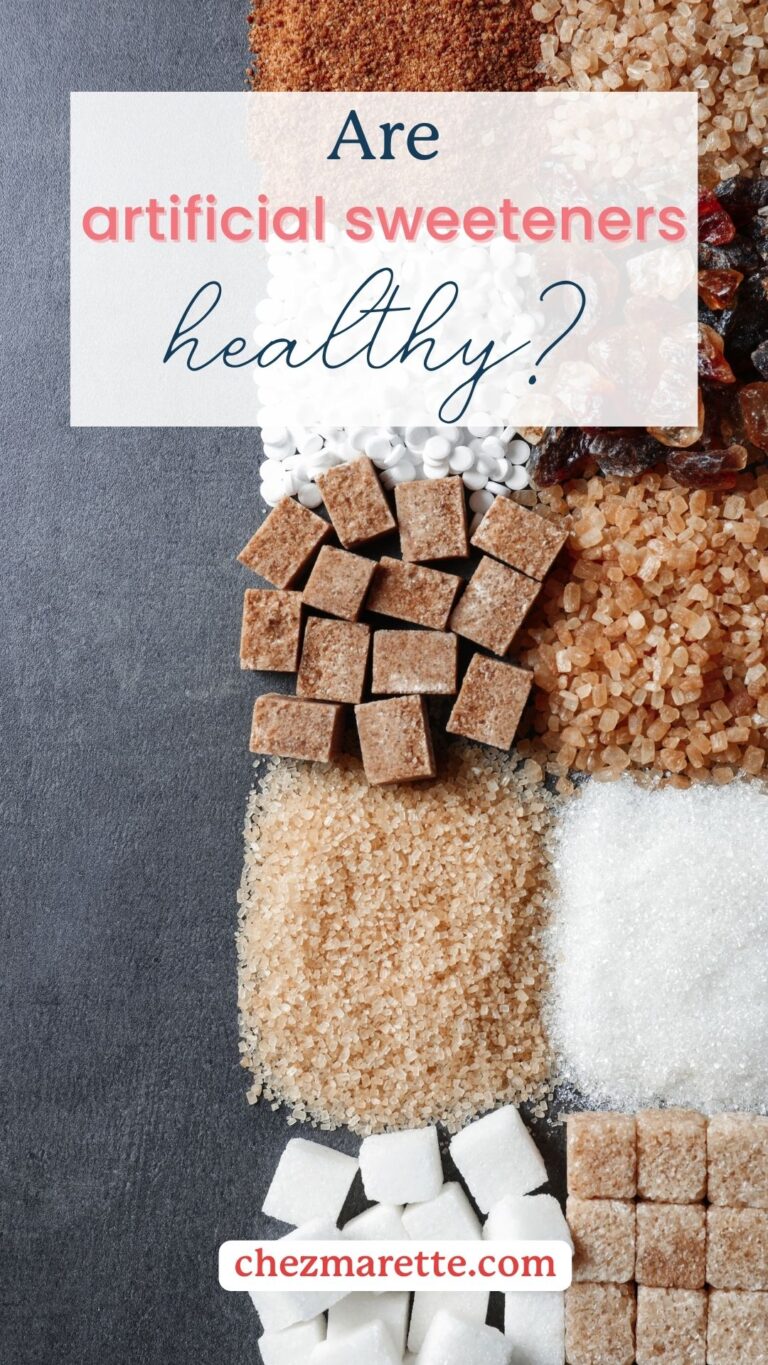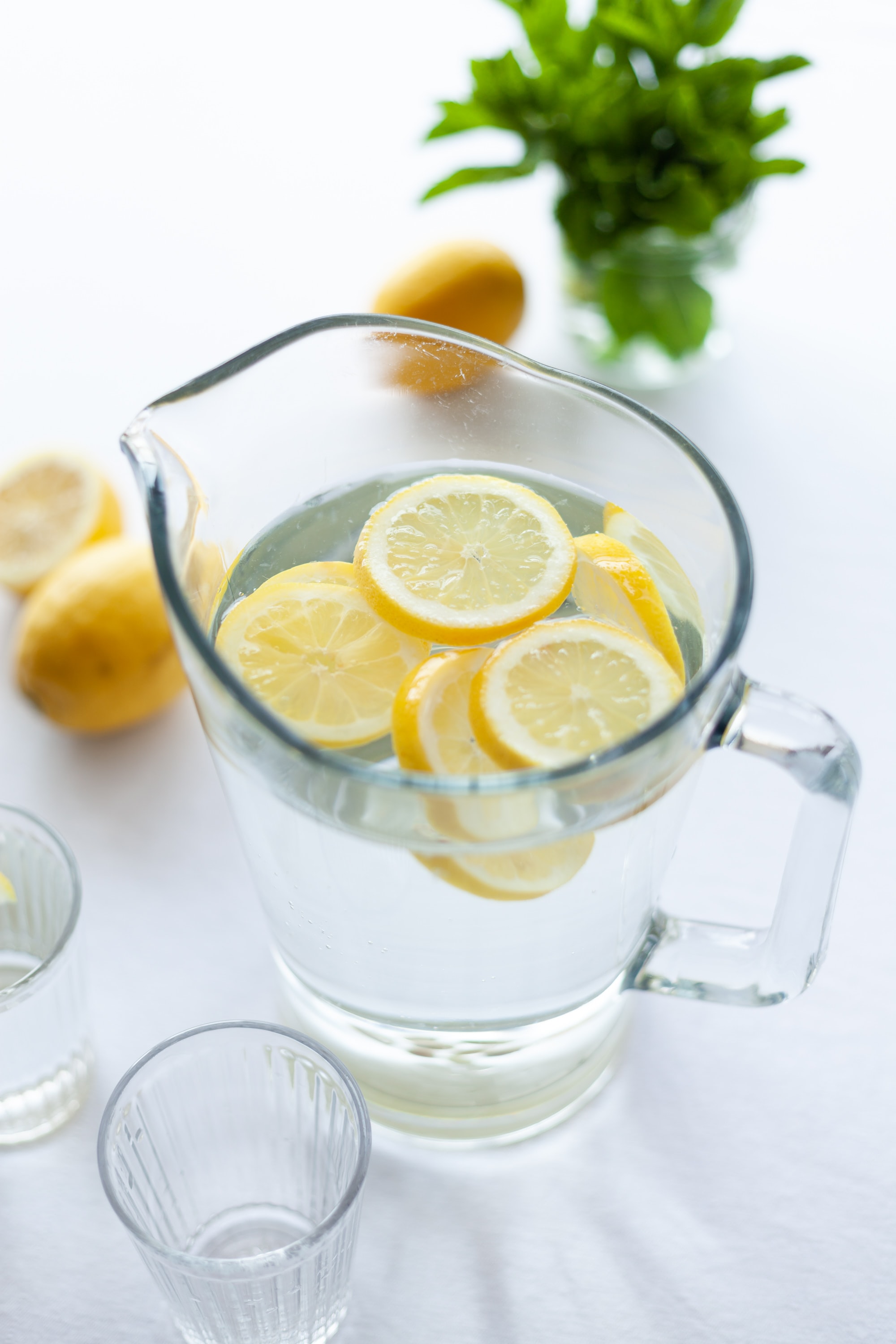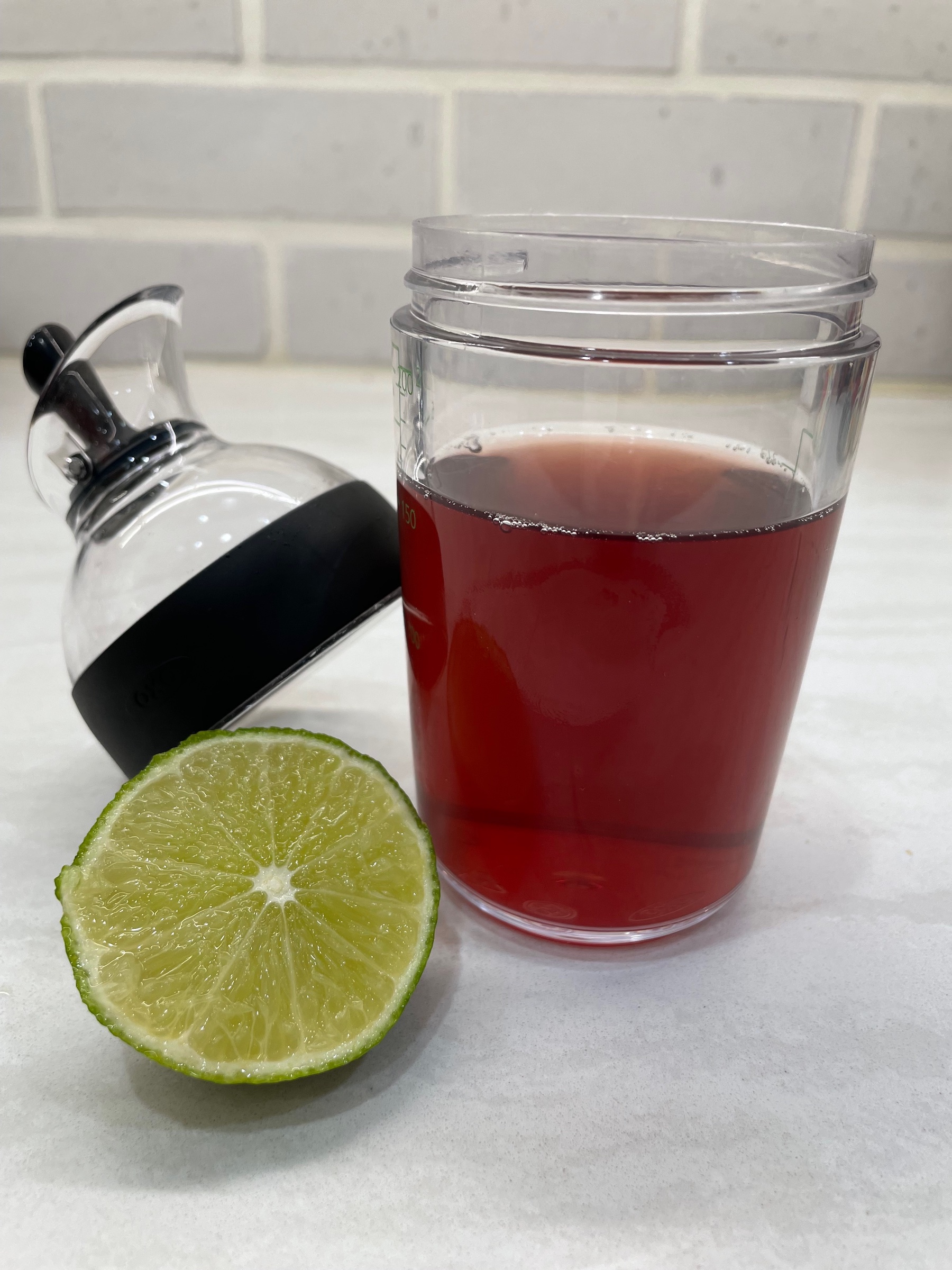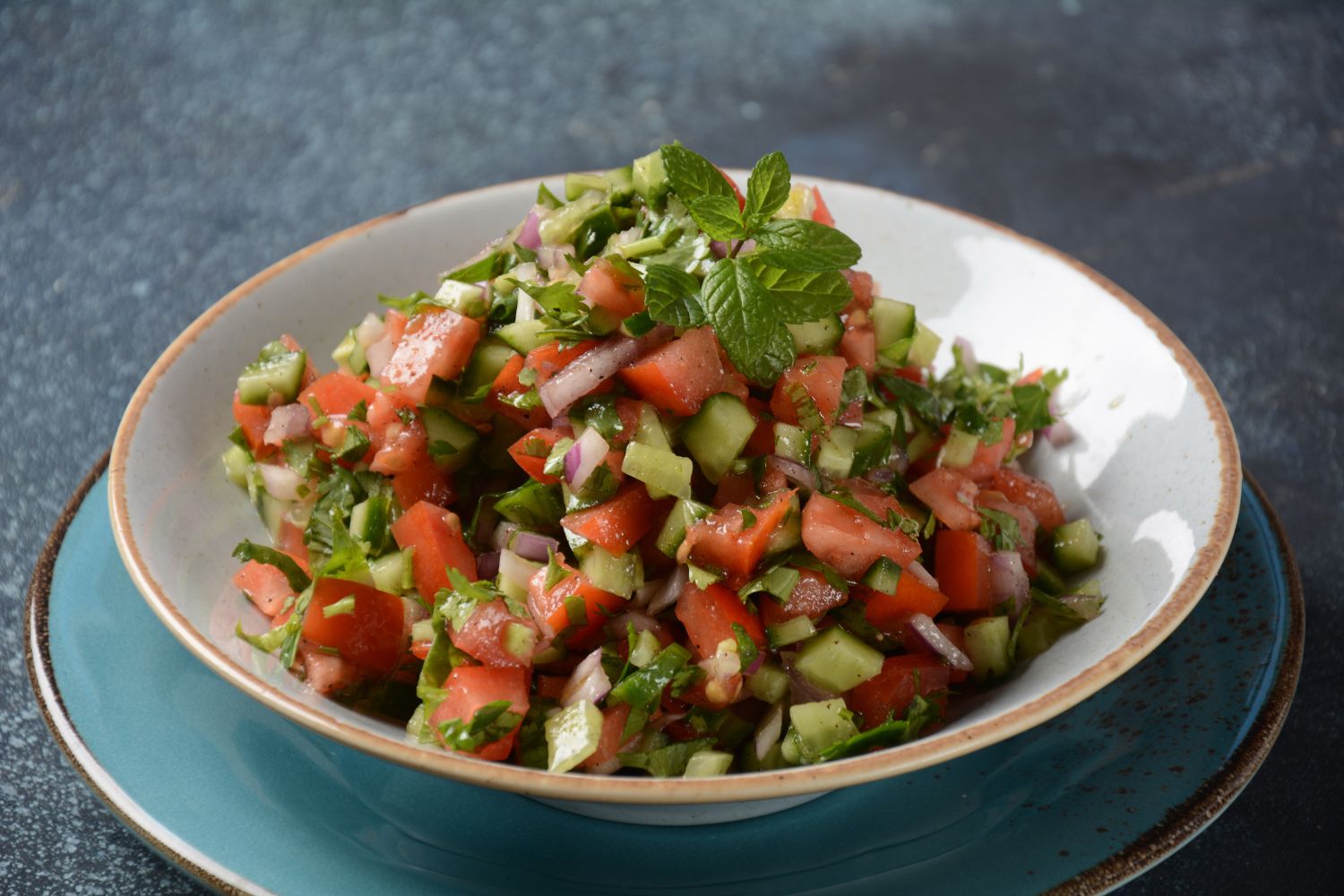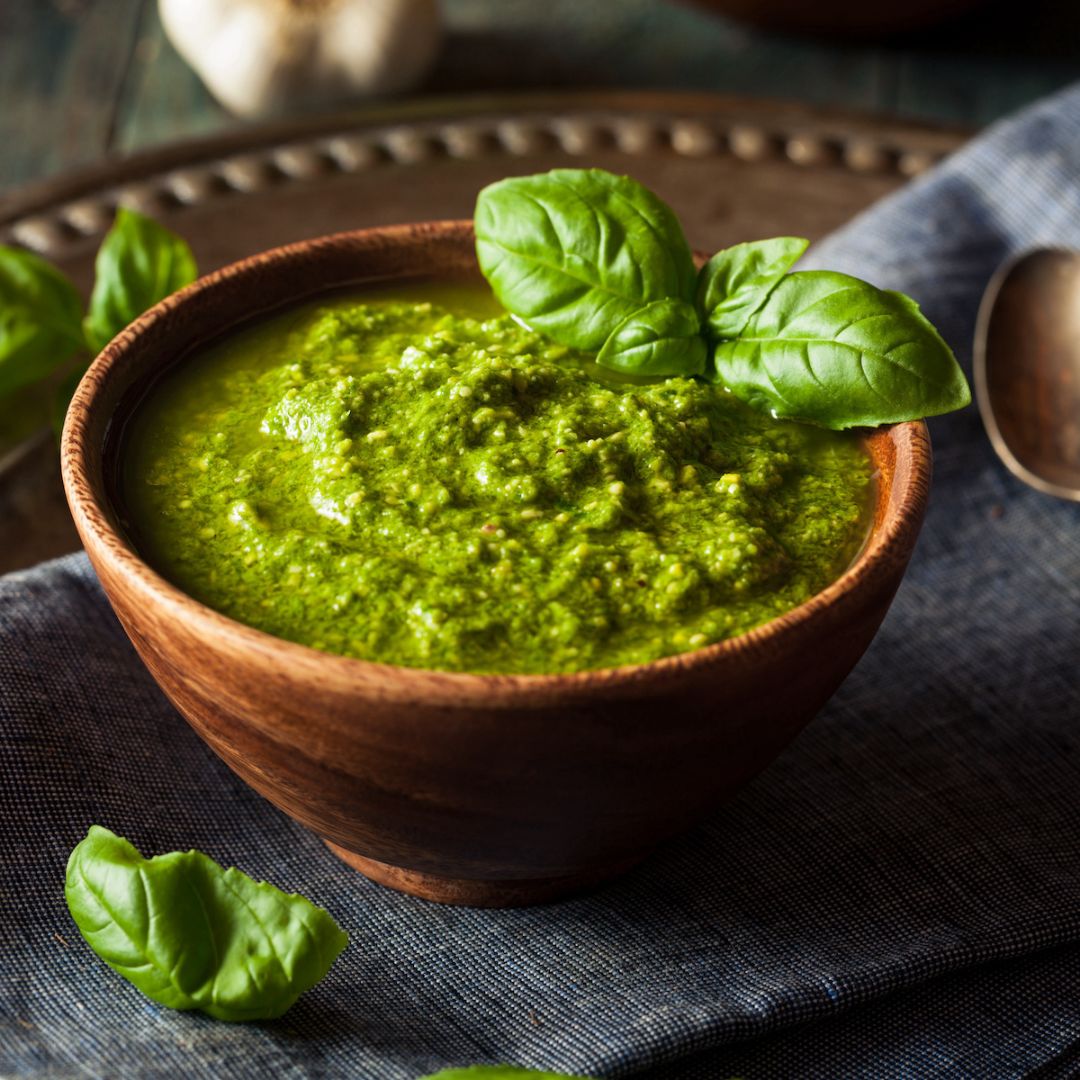With hundreds of natural and artificial sweeteners on the market, how do you know which ones are healthy?
Are artificial sweeteners healthy?
Sugar substitutes, artificial sweeteners, low-calorie sweeteners…. whatever you call them, they’re so tempting and make us think we can eat that pudding or drink that sweet drink without any negative consequences or weight gain. But there’s more to the story!
I bought a monk fruit sweetener once, thinking it was a natural low-calorie sweetener (which it is), but ended up running to the bathroom the rest of the day! What happened? I didn’t read the label closely and it turned out there was added erythritol, a processed sugar alcohol known for causing stomach upset. Upset my stomach it did! It pays to read labels.
If you’re trying to reduce your sugar intake, it might be tempting to switch to artificial sweeteners. But that’s not always a great idea.
Artificial sweeteners can lead to weight gain because they produce sugar cravings and lead to dependence, just like regular sugar.
Keep reading to find out more…
types of artificial sweeteners
Artificial sweeteners are man-made or synthetic sweeteners that don’t come from natural sources. They don’t have beneficial nutrients, and in fact, can be harmful. They are highly processed and often cause sugar cravings, weight gain, headaches, and digestive upset.
You can find them on the ingredients list of processed foods or drinks you are consuming, usually ones that claim to be *diet*, *sugar-free*, or *keto*.
For example, do you enjoy adding Splenda as a natural sugar-free option to your coffee? This is an artificial sweetener known as sucralose. Others include aspartame (Equal), saccharin (Sweet ‘n low), and D-Tagatose.
There are also sugar alcohols, including xylitol, sorbitol, maltitol, and erythritol. Sugar alcohols are a manufactured carbohydrate that taste sweet, but can’t be digested or absorbed by the body, so they often cause bloating, diarrhea and other stomach and digestive problems. They’re frequently used in products labeled ‘low carb’ or ‘keto’.
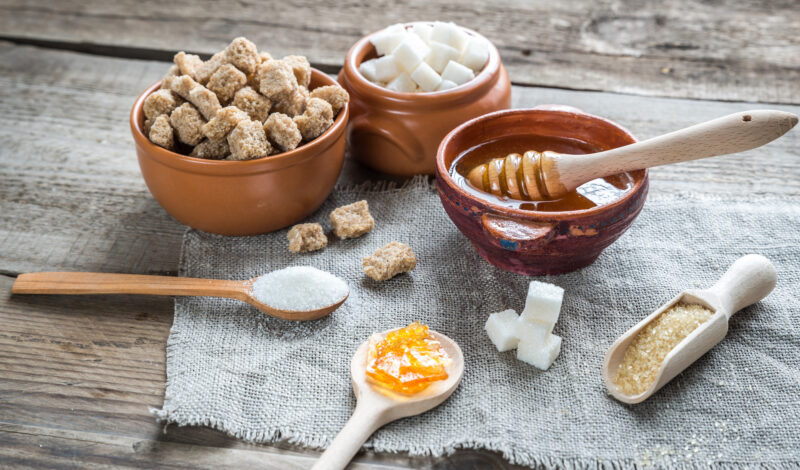
other types of sweeteners
Natural sugars are found in nature or are derived from natural foods or plants and are sometimes minimally processed.
These include maple syrup, honey, coconut sugar, and dried fruits such as dates. Even bananas and unsweetened applesauce can be used to sweeten baked goods or smoothies.
These natural sugars are healthier since they do contain some nutrients. But they still have some of the same effects as sugar such as raising blood sugar level and promoting cravings. So you want to use even these healthier sugars in moderation.
Some natural sugars are highly processed and even though they are not artificial, they should be minimized.
- Allulose is a form of natural sugar, found in some fruits such as figs and dates. Although it’s naturally-occurring, it’s a processed food and should be not be eaten as a regular part of your diet. The benefit is that it is very low calorie and doesn’t spike blood sugar; the drawback is it can cause stomach upset, diarrhea and bloating, since it is not able to be digested.
- Monk fruit is derived from the monk fruit of southern China. It’s a processed food, but lower in calories than regular sugar. Although monk fruit is considered ‘natural’, it’s usually combined with erythritol or other additives, and, as I learned first-hand, can cause bloating, stomach upset, and/or diarrhea, since our bodies can’t digest it.
- Stevia is a processed food and naturally occurring sweetener made from the leaves of the stevia plant native to South America. The FDA has approved only the purified form (stevioside) for consumption, not the whole leaves. Look for the words stevia extract, Stevia rebaudiana or rebaudioside (Reb-A). Stevia blended with erythritol is sold as Truvia. Again, as with other sweeteners, make sure to check the ingredients for additives. Many forms of stevia can result in stomach upset and digestive problems, and there is mixed results as far as its affect on blood sugar.
- High fructose corn syrup is a highly processed sugar and is added to many processed and packaged foods, even hidden in many ‘non-sweet’ foods, so it’s important to read labels. Avoid highly processed foods such as high fructose corn syrup as much as possible, since a diet high in processed foods is linked to an increased risk of cancer.
the bottom line on sweeteners
A whole food, plant-based diet minimizes processed foods, including artificial sweeteners. If you are trying to reduce your sugar intake, don’t fall into the trap of using artificial sweeteners or low-calorie natural sweeteners to replace the same level of sweetness you’ve been used to eating.
Research suggests that artificial sweeteners can lead to weight gain because they produce sugar cravings and lead to dependence, just like regular sugar.
Doing a sugar detox will help you kick the sugar habit – all kinds of sugar, real and artificial – leading to improved energy, weight loss, reduced cravings, less bloating and stomach upset. During the detox, you’ll retrain your habits, your brain and your tastebuds so that you’ll enjoy less sweet foods and get off the sugar rollercoaster.
Stay tuned for more information on how to join the my Sugar Detox Jumpstart!


